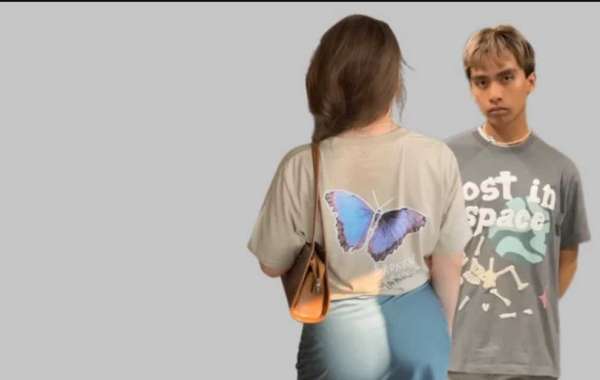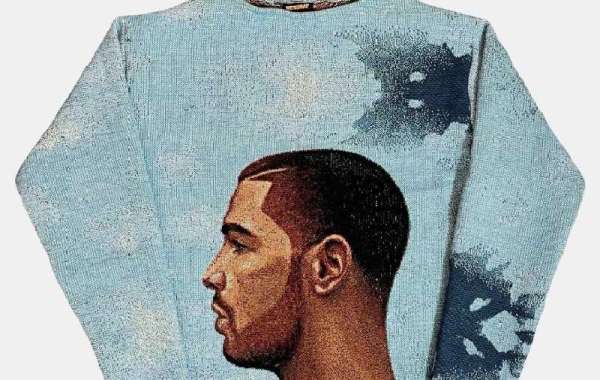In recent years, the fashion industry has faced increasing scrutiny over its environmental and social impact, prompting a shift towards more sustainable practices. Central to this movement is the concept of a circular economy, which aims to minimize waste and maximize resource efficiency throughout the lifecycle of clothing and accessories. In this blog post, we'll explore the principles of a circular economy in fashion and how it's transforming the way we produce, consume, and dispose of clothing.
Visit: https://officialbrokenplanet.shop/
1. Designing for Durability and Longevity:
A key principle of the circular economy in fashion is designing clothing that is built to last. By prioritizing quality materials, craftsmanship, and timeless design, brands can create garments that withstand the test of time and resist the cycle of fast fashion. This shift towards durability and longevity not only reduces the need for frequent replacements but also minimizes waste and conserves resources in the long run.
2. Embracing Repair, Reuse, and Upcycling:
In a circular fashion economy, repair, reuse, and upcycling play a crucial role in extending the lifespan of clothing and reducing its environmental footprint. Repair cafes, clothing repair services, and DIY repair tutorials empower consumers to mend their garments rather than discarding them. Additionally, initiatives such as clothing swaps, rental services, and resale platforms enable clothing to be reused and repurposed, giving new life to pre-loved items and diverting them from landfills.
3. Adopting Sustainable Materials and Production Practices:
Another pillar of the circular fashion economy is the use of sustainable materials and production practices. From organic cotton and recycled polyester to innovative materials made from agricultural waste or ocean plastic, there's a growing array of eco-friendly alternatives to conventional textiles. Additionally, brands are increasingly embracing sustainable production methods such as zero-waste manufacturing, water recycling, and renewable energy sources to minimize their environmental impact throughout the supply chain.
4. Closing the Loop: Recycling and Waste Reduction:
Recycling and waste reduction are essential components of a circular fashion economy, helping to close the loop and create a more sustainable system. By incorporating recycled materials into new garments and accessories, brands can reduce the demand for virgin resources and divert textile waste from landfills. Likewise, innovative recycling technologies, such as chemical recycling and textile-to-textile recycling, offer promising solutions for transforming old clothing into new fibers, yarns, and fabrics, further reducing the industry's reliance on finite resources.
5. Educating and Empowering Consumers:
Education and consumer empowerment are crucial for driving the transition towards a circular fashion economy. By raising awareness about the environmental and social impacts of fashion consumption and providing information about sustainable alternatives, consumers can make more informed purchasing decisions and demand greater transparency from brands. Additionally, initiatives such as clothing repair workshops, sustainable fashion guides, and community-driven campaigns can empower consumers to take action and advocate for positive change within the industry.
Conclusion:
The transition towards a circular fashion economy represents a fundamental shift in the way we produce, consume, and dispose of clothing. By embracing principles of durability, repair, reuse, and recycling, the fashion industry can create a more sustainable and resilient system that benefits both people and the planet. As consumers, businesses, and policymakers work together to foster innovation and promote responsible consumption, we can build a brighter future for fashion that respects the limits of our planet and promotes social equity for all.







